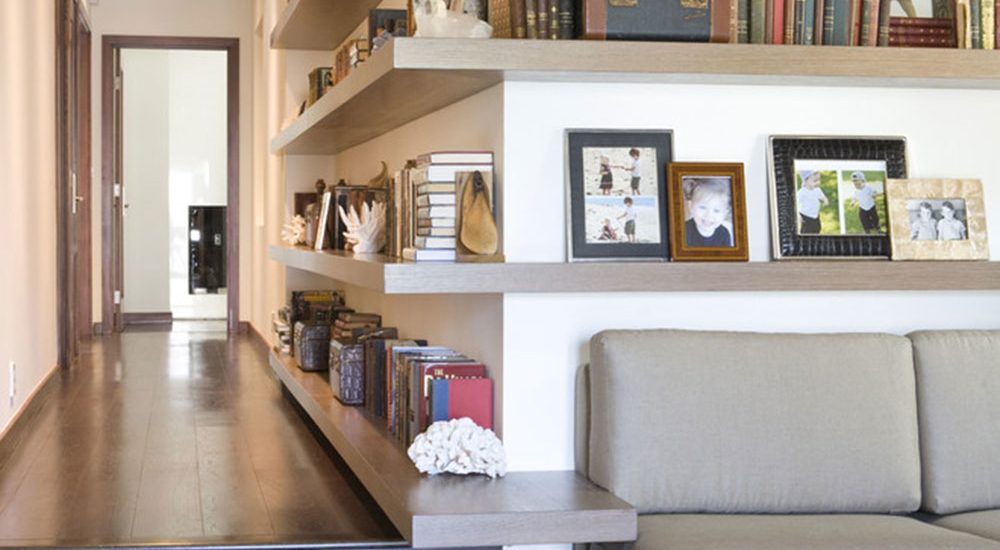Most people living in cities spend the majority of their time, approximately 90% indoors whether it’s at the office, school or home. And our exposure to pollutants which come from various activities, materials, and even products we use every day usually happen when we are indoors. Many think that polluted air refers to car exhausts or dark fumes from factories. However according to research, there are a lot of pollutants found inside the home or office buildings from smoke, moisture, odors, dust, cooking residue, chemicals from paint and varnishes, fungal spores, volatile organic chemicals from cleaners, furniture, home building materials and gases like the deadly carbon monoxide from furnaces and other wood-fueled heaters making indoor air quality more of a risk than exposure to outdoor air.
In some cases, indoor air is similar to that outside especially in the case of well-ventilated structures such as homes or buildings near traffic intersections. And then there is also the occurrence of sick building syndrome wherein occupants of a building develop symptoms of sickness with no specific cause or illness identified except for the fact that they have spent an X amount of time in a particular building. Indoor air quality is important and can impact you and your family’s health. Here are some tips how you can maintain good air quality indoors whether at home, school or the office.
Conduct regular maintenance of your cooling and heating systems.
Schedule service calls for your cooling and heating systems. Aside from saving on electricity costs and improving your energy efficiency, regular maintenance ensures that the indoor environment including air quality is at its best at all times. Engage professional services from reputable companies like Action Air (https://www.actionac.net/) in the San Diego area to guarantee high quality assessment and services from industry experts who would be happy to advise you on how to run your systems efficiently. These specialists are trained to offer the most appropriate and cost-effective solutions to match your every need.
Promote good ventilation.
Generally, heating and cooling systems recirculate indoor air. If and when possible, give them a break and open windows. Allow fresh air to come in by strategically using fans to direct the fresh air into space. Use exhaust fans in the toilets, bathrooms, and kitchen. Every now and then leave the exhaust fans open for about 45 minutes to clear out cooking pollutants, cleaning product fumes and to avoid mold growth caused by wetness, high humidity, and moisture. Also, using a dehumidifier and keeping humidity at under 50 perfect will help control the development of molds. If there is bad odor somewhere, do not mask it with scented candles and sprays instead find the source of the smell, clean it up and air it out.
Monitor air quality.
Invest in devices that monitor air quality, temperature, and humidity. Most of these smart monitors can track toxins, chemicals, dust, and carbon monoxide. Some monitors double as a smoke alarm while others offer added-features such as cameras which can begin recording in the event of a fire and there are models that come with backup batteries in case of power outage.

